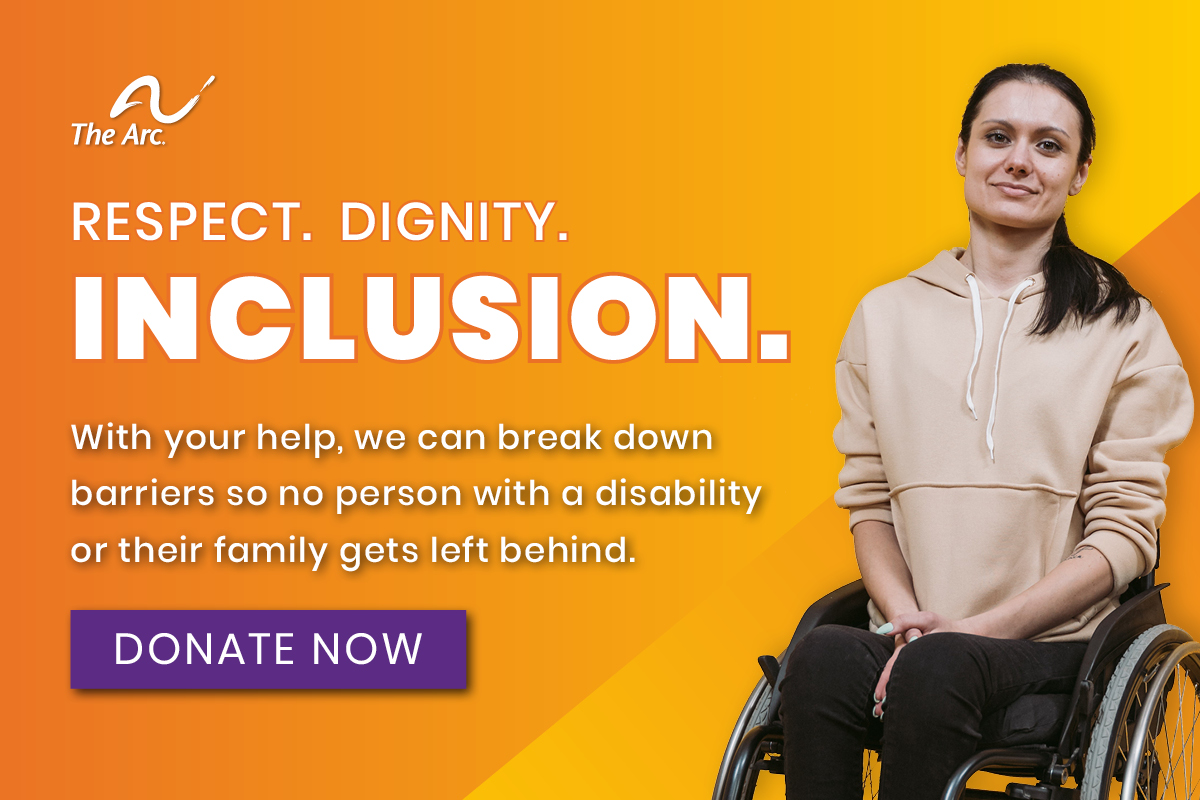Contents
- Who Can Help a Job Seeker Find and Keep a Job?
- Can I Get Funding to Pay for My Job Supports
- How do I Know if My Employment Services are Good Quality?
Who Can Help a Job Seeker Find and Keep a Job?
Generally, employment services are supplied by community rehabilitation providers or employment support providers that contract with state agencies. Employment services come in different varieties. Employment services can include, but are not limited to:
- Arranging job try-outs and job shadowing
- Assessment of skills and interests
- Developing a Career Plan
- Follow-up support to the worker and employer
- Information and guidance on the impact of earning an income and public benefits
- Coaching in the workplace (e.g., help learning job tasks, adjusting to job requirements)
- Resume development
- Time-limited job training
- Travel-training assistance and/or help with arranging transportation
Supports are also available from other sources, including the national network of One Stop Career Centers that are available to any job seeker. See the overview of the Employment Service System for more information.
Can I Get Funding to Pay for My Job Supports?
You can get funding and other supports from a variety of state and federal programs that will help you find work. The overview of the Employment Service System will help you understand how to identify and contact those options.
How Do I Know if My Employment Services Are Good Quality?
Once a person has figured out what they want for employment and what some of the options are, they need to start looking at different employment service providers. Like any other major life activity, it is important to find out if employment services help you get what you want. Investigating and critically assessing services takes time and energy. Is it worth the bother? The answer is definitely yes!
-
All Programs Are Not Alike
While they are sometimes portrayed as being fairly similar, all employment programs for people with disabilities are different. Programs vary in size, types and variety of services offered; service and staff quality; people served; and most importantly, quality of results.
-
You Do Have a Choice
People with disabilities have much more say in the services they receive than they may realize. Sometimes funding agencies present services available with a “take it or leave it” attitude or from the point of view of an “expert” who knows what’s best. There are other times that funding agencies are simply unaware of the variety of options available. People with disabilities need to advocate for service alternatives, which means knowing what alternatives are available.
-
Are There Alternatives?
While evaluating programs and service options may sound like a good idea, reality often has been a limited number of possibilities for services. Programs may not have the capacity to take additional referrals. There may simply be a limited number of service providers, particularly in rural areas. Or, while there might be some alternatives, there may still be a lack of quality services to properly meet an individual’s needs. There is still a need to evaluate what’s available, to see if it’s necessary to advocate for making changes to existing services, or to develop creative alternatives.
-
Empowerment Through Knowledge
Taking the time to learn about and critically assess service options allows you to be much more in the “driver’s seat” when negotiating with funding agencies and service providers, rather than passively accepting what you’re being told.
For more information, read the article Quality Employment Services: Will You Know It When You See It? by the Institute for Community Inclusion.



